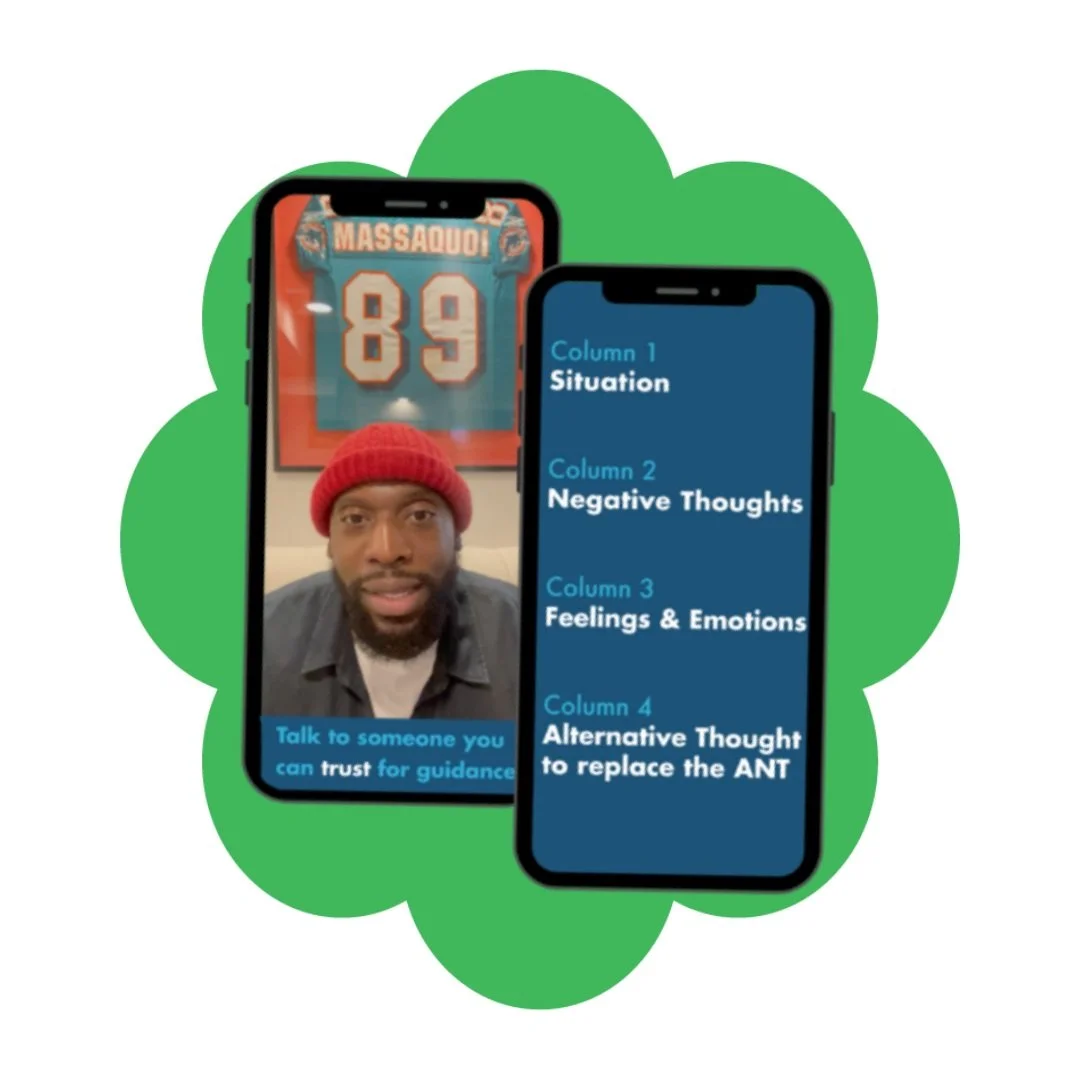
Appa was created with help from researchers at top institutions.
From our Chief Clinical Officer, Dr. Katrina Roundfield
A career dedicated to improving the lives of young people
I am inspired by young people - their wonder, their creativity, their possibilities. Throughout my decade-long career in academia at DePaul, Yale, and UCSF, I researched innovative mental health interventions designed for children and adolescents - publishing papers on mental health treatments, mental health service implementation, school based mental health, and youth mentoring.
Key learnings from mentoring research:
Mentorship can be highly effective at improving youth self-esteem, academic outcomes, risk behaviors, and overall mental health.
High-quality mentorship requires structure and consistency. Most mentors mean well, but often are not equipped with the guidance and supervision they need to be effective.
Matching matters. The match between a young person and their mentor makes or breaks the mentoring relationship. The more the young person connects with the lived experience of the mentor, the more positive influence the mentor can have on the young person.
Mentoring affects self-esteem, cultural identity, academic outcomes, risk behaviors, and overall mental health.
Mentoring Matters
My passion for mentoring grew through talking directly with young people. High school students told me about how teachers, Big Brothers/Sisters, or older cousins made such a profound difference in their lives. While students who did not have mentors shared with me how much they wished they had someone who supported them unconditionally and understood them. They told me how they were searching for role models they could talk to–people who “get it.” As a researcher, I went on to study the science of high-quality mentorship. At Appa, we apply the science of mentoring to make sure that when students reach their hand out for support, there’s a positive role model reaching their hand back to meet theirs.
As a PhD researcher at the Youth Mentoring and Academic Achievement Lab at DePaul, our team found that high-quality mentorship has a huge impact on youth development. Mentoring affects self-esteem, cultural identity, academic outcomes, risk behaviors, and overall mental health.
Psychology Skills to Face Life’s Challenges
I believe cognitive behavioral therapy (CBT) skills should be foundational to every young person’s education. At its core, CBT skills teach that our thoughts, emotions, and behaviors are connected. If we are having trouble with how we think, feel, or behave, we have the power to change these patterns through skills taught in CBT. Based on decades of research, CBT skills are widely accepted as the most effective approach to improving mental health symptoms. At Appa we teach CBT skills through weekly bite-sized video content taught by mental health experts delivered via our app.
Appa Health
At Appa Health, we are dedicated to providing teens with the highest-quality mentorship possible. We ensure that mentors stay focused on evidence-based mentoring (rather than venturing into therapy) by: 1) continuously training and monitoring our mentors, and 2) delivering clinical content via engaging videos, rather than having our mentors teach these tools. Teens are provided weekly science-backed video content teaching Cognitive Behavioral Therapy principles that are easy to understand. Mentors can focus on connecting and encouraging teens to use the skills, rather than having to teach, “coach,” or analyze.
Our Appa teens say they appreciate that they never felt like their mentor was trying to “fix” them. Teens aren’t broken. Nobody is broken. Sometimes all we need are the right tools and a mentor to guide us.









